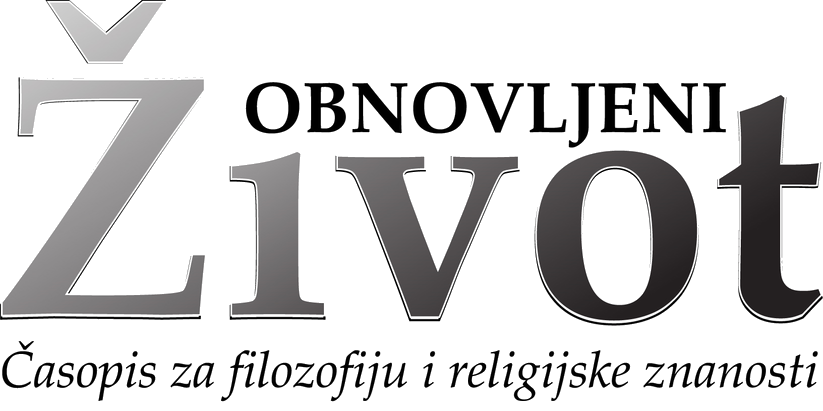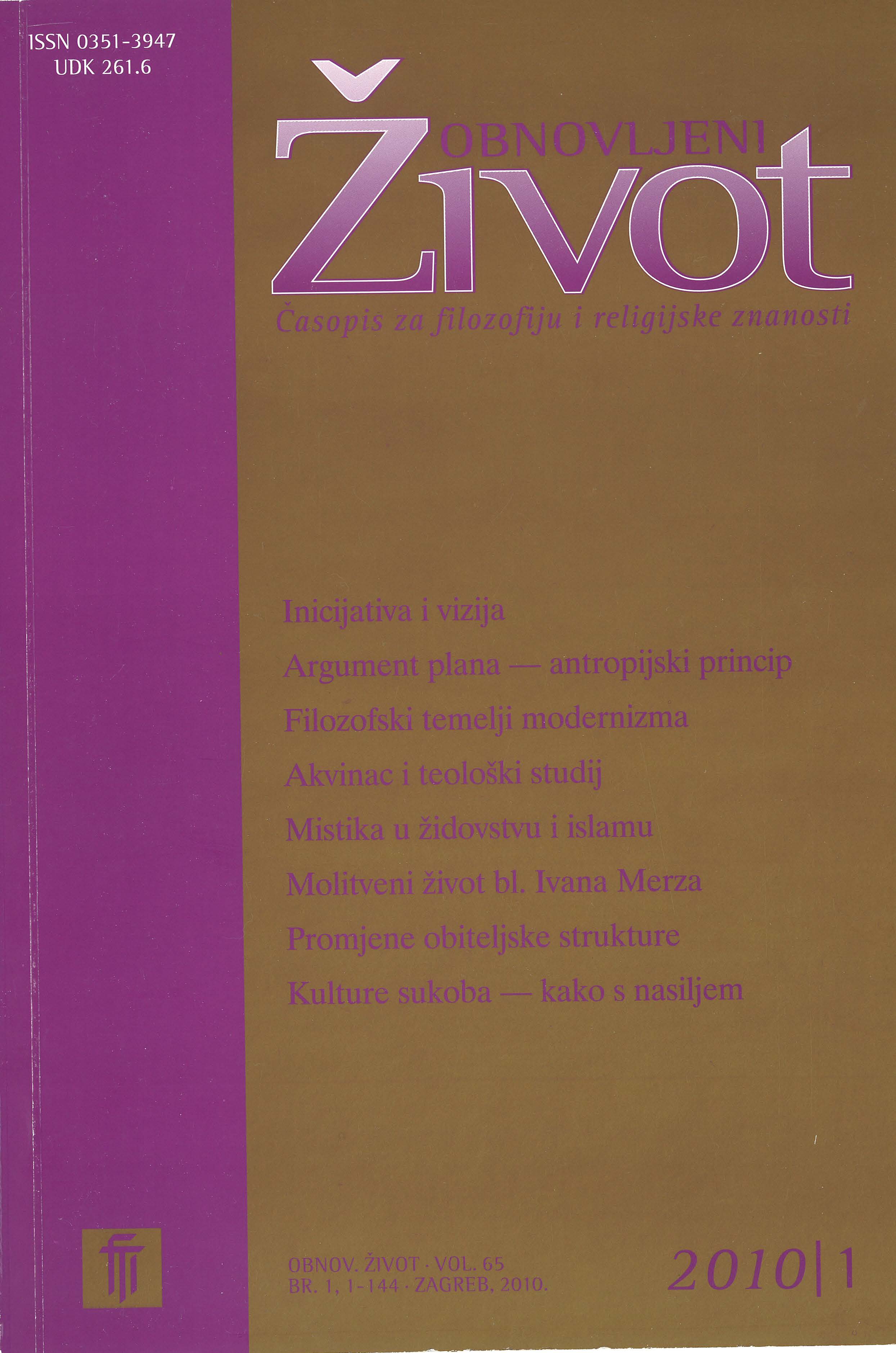The Philosophical Foundations of Modernism
Keywords:
»Pascendi«, modernism, antimodernism, agnosticism, religious senseAbstract
Modernism is to be understood here as an intellectual movement among Catholic thinkers at the end of the nineteenth and beginning of the twentieth centuries. Champions of the movement wished to bring into harmony Catholic teaching as well as organization and discipline of the Church with the intellectual movements of the time in the fields of philosophy, science and, generally speaking, in cultural and social life. The aim of the article is to look into the movement's philosophical assumptions in the manner in which they were presented in the encyclical »Pascendi«, and which the encylical was directed against. The cited encyclical recognized agosticism as the philosphical foundation of modernism which claims that supernatural reality cannot be the subject matter of scientific knowledge, nor, consequently, can supernatural revelation which might have occurred in history be acknowledged. Despite this, even for the »modernist«, man is a religious creature, the source of religion however being only in man's religious sense. Such a modernist interpretation of the religious phenomenon puts revealed religion on par with unrevealed religion, and it negates Jesus' divinity, due mainly to a one-sided utilization of the historical-critical method in the interpretation of scriptural texts.
Downloads
Published
Issue
Section
License
Jednom prihvaćeni članak obvezuje autora da ga ne smije objaviti drugdje bez dozvole uredništva, a i tada samo uz bilješku da je objavljen prvi put u Obnovljenom životu. Uredništvo će obavijestiti autora o prihvaćanju ili neprihvaćanju članka za objavljivanje.
Članci objavljeni u časopisu se, uz prikladno navođenje izvora, smiju besplatno koristiti u obrazovne i druge nekomercijalne svrhe.


